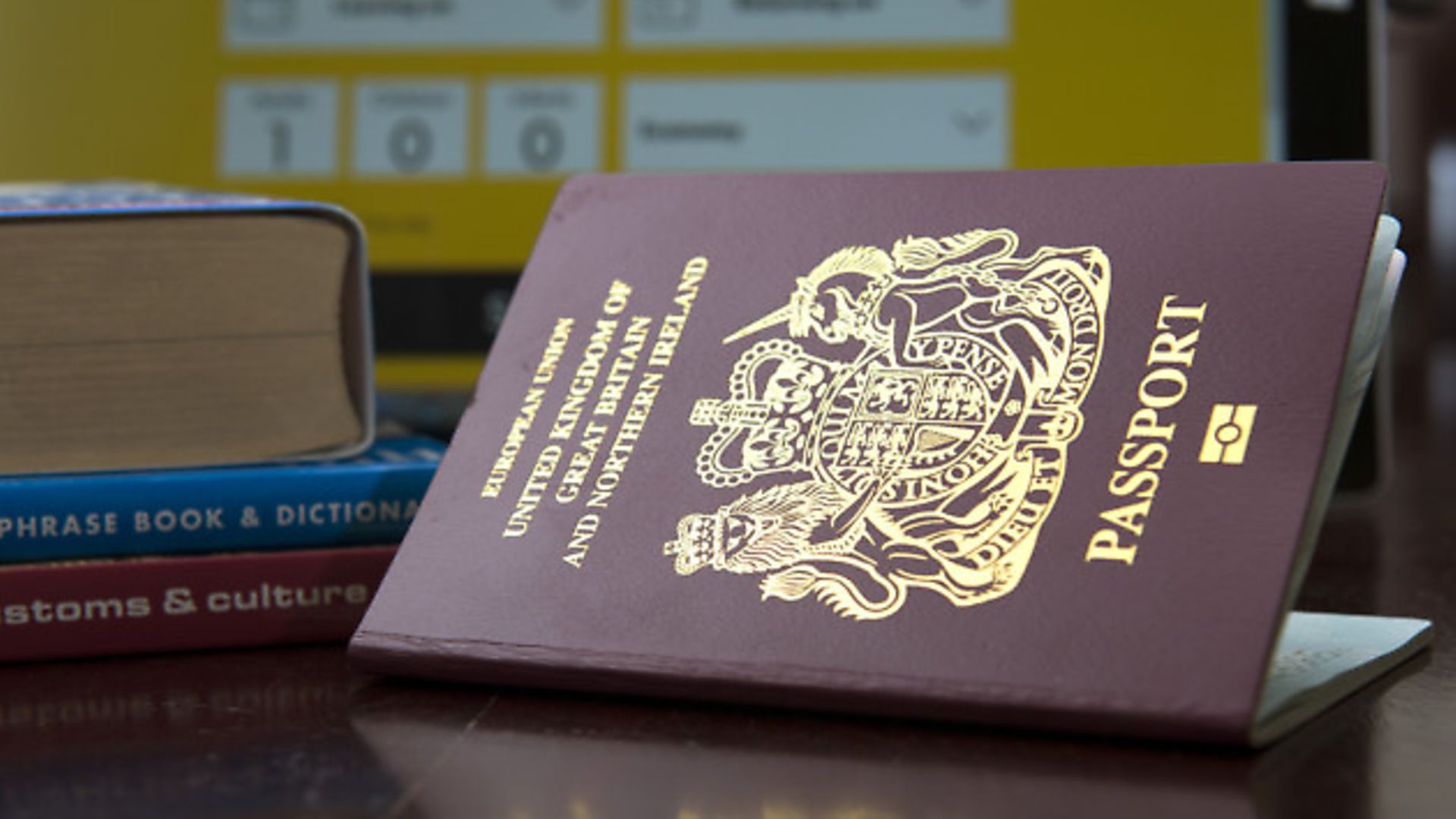
Significant backers of plan for Remainers to stay as EU citizens shows Europe is fighting for the 48%, even if our government isn’t
The government, it seems, is indifferent to the 16 million people who voted Remain.
So it is increasingly falling to Europeans to stand up for us pro-EU Brits – and they are doing a sterling job.
In the past month online and in the pages of this newspaper I have argued that those of us in Britain who would like to should be able to retain EU citizenship by paying an annual fee.
And thanks to Luxembourg MEP, Charles Goerens, the European Parliament’s Constitutional Affairs Committee will now vote next week on whether individuals should be able to opt back into EU citizenship when the UK leaves. It is a simple idea: If Brexit happens individual Brits would be able to take out European citizenship directly with the EU.
And last week leading EU Brexit negotiator Guy Verhofstadt gave his backing to the idea – something that won him front-page coverage in The Times.
This is very welcome, but what is the rationale, beyond generosity and solidarity, for MEPs from other EU countries to support Brits who want to keep their European citizenship? What is our pitch to convince more of them to let us stay if the UK leaves?
Ill winds are blowing. The same pressures that helped the Leave campaign creep over the line and which propelled Donald Trump into the White House exist across the democratic world, and 2017 will see elections in the Netherlands, France and Germany.
There is more of this minefield for us still to walk through. And if the likes of Marine Le Pen win, Europe will be in real trouble.
Europe needs to show it is working again, and MEPs who are not part of that ragbag of populists littering current politics know this. What better way to turn the potential blow of Brexit into a publicity coup for Europe than having Brits queuing outside the London embassies of EU countries, waiting to collect new burgundy passports?
Organise for that to happen on the day Britain leaves, if it does, and the pictures shared across the world will not be of the ceremonial lowering of flags but of frantic Brits desperate to remain part of a hopeful, aspirational EU.
And there are plenty who would take the plunge – after all, Britain did not vote overwhelmingly for Brexit. In the wake of the referendum result, Boris Johnson called it a ‘narrow majority’ and, for once at least, he was right. Whole swathes of the country wanted to remain, including Scotland, Northern Ireland, London, and big cities like Liverpool, Manchester, and Newcastle.
Every government is struggling to make ends meet, and opening up this avenue could be a very welcome income stream with participants paying an annual fee. A model for this could be Estonia’s e-Residency scheme, which for €100 enables anyone to set up and operate an Estonian company online.
Smart politicians also know that immigrants are good for the economy. The Office for Budget Responsibility estimates that the UK will be £16bn worse off over the next five years because we will attract fewer EU nationals. Immigrants are people with oomph. They are good news economically, and this scheme would be the simplest, least bureaucratic way for the EU to lure Brexit Britain’s best and brightest across the Channel.
The idea of opt-in EU citizenship is hard to argue against for Leavers. What was revealed in June was a country divided. Since then we have only seen more starkly just how bitterly divided we are. Those who want the outcome of the referendum to become the settled will of the British people need to start healing wounds, not rubbing salt into them.
They said they wanted to take back control, so let those of us who value our EU citizenship take back control ourselves. After all, this idea would not force anything on anyone. If you wanted to remain an EU citizen, you could. If you wanted to leave, you could. In contrast, Brexit is a one-size-fits-all straitjacket – it forces us all to link arms and jump off the cliff together.
Writing just days after the referendum, Johnson also promised that ‘British people will still be able to go and work in the EU; to live; to travel; to study; to buy homes and to settle down.’ Spot on, Boris. Now can you ensure this will be the case?
Warning: Illegal string offset 'link_id' in /mnt/storage/stage/www/wp-includes/bookmark.php on line 357
Notice: Trying to get property 'link_id' of non-object in /mnt/storage/stage/www/wp-includes/bookmark.php on line 37






